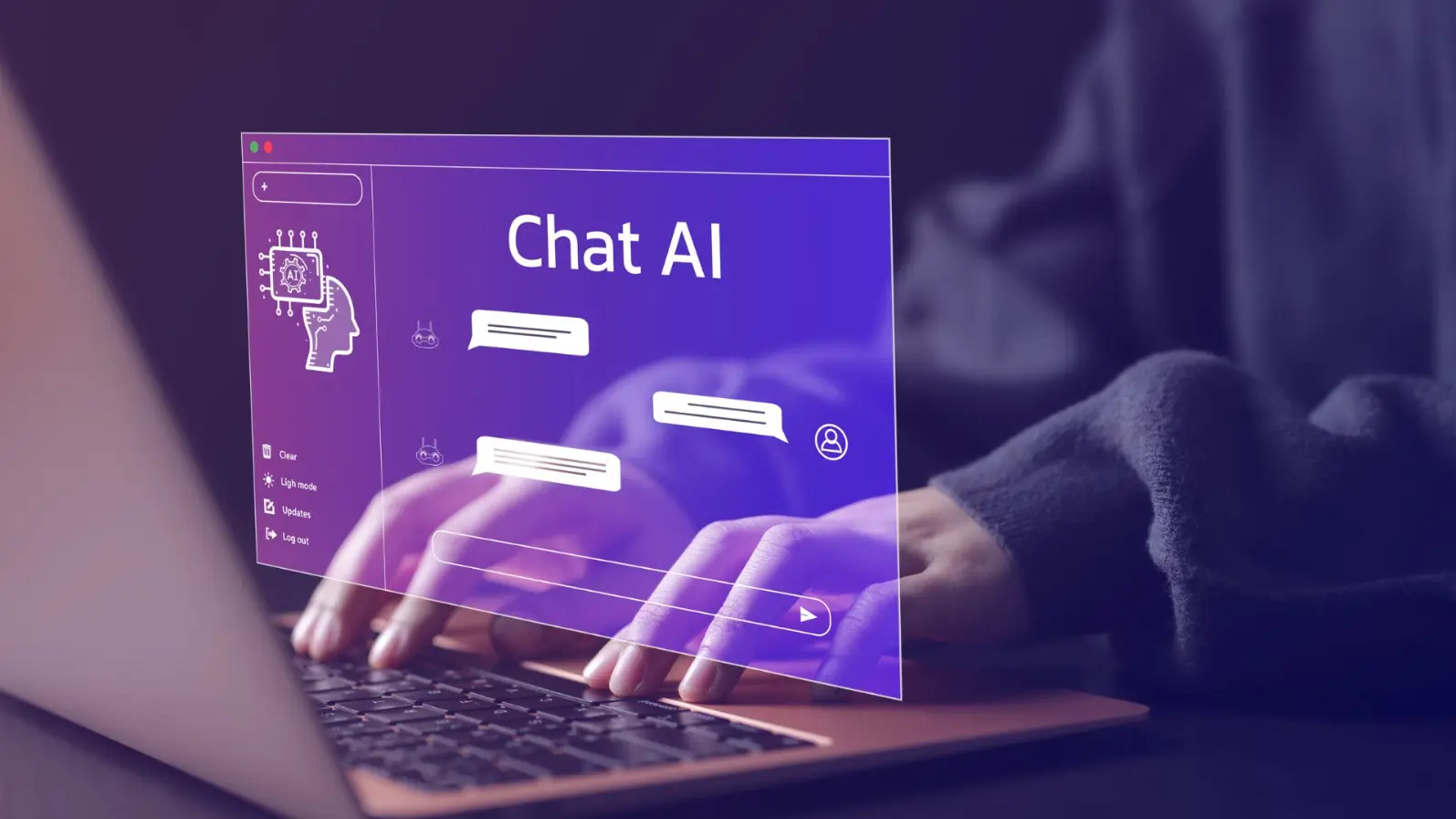
AI Chatbots Take on Dentistry: Can They Answer Patients’ Implant Questions Accurately?
A study compares ChatGPT, Deepseek, Gemini, Claude, and Perplexity in delivering reliable dental implant information
The Rise of AI in Dental Communication
In an age where patients turn to Google or chatbots for quick health advice, the question arises: can artificial intelligence (AI) truly provide accurate and trustworthy answers—especially about complex dental treatments like implants?
A team of researchers from İnönü University in Türkiye decided to find out.
What the Researchers Did
The team selected 45 of the most common implant-related questions from patient forums and clinical discussions. These questions covered nine themes from surgery procedures and safety risks to cost, longevity, and maintenance.
Each question was entered into all five chatbots, and their answers were rated by a panel of four dental specialists and one layperson. The evaluators scored each response for:
Accuracy – whether the answer was correct and evidence-based
Completeness – whether all key points were covered
Clarity – how understandable it was for a general audience
Relevance – how well it addressed the question
Consistency – whether the chatbot gave stable answers to repeated queries
ChatGPT and Deepseek Lead the Pack
When the results were tallied, ChatGPT-o1 came out on top scoring nearly perfect marks in relevance (4.99/5), consistency (4.97/5), and accuracy (4.96/5).
Deepseek-R1 followed closely, showing strong performance in completeness and accuracy.
In contrast, Claude 3.5 Sonnet ranked in the middle, while Google Gemini Advanced and Perplexity Pro lagged behind, especially in completeness and clarity.
In total, over 5,600 ratings were analyzed, and the consistency among evaluators was high (Cronbach’s α = 0.87) a sign that the scoring process was reliable.
Why It Matters
The findings highlight the growing role of AI chatbots as informational tools for dental patients. ChatGPT and Deepseek were able to give clear, relevant, and accurate answers, showing real promise in supporting patient education and reducing misinformation online.
However, the study also noted challenges:
Some chatbots gave incomplete or overly simplified responses, especially for complex clinical questions.
Paid versions (like ChatGPT-o1) performed better, raising concerns about health information inequality.
None of the chatbots replaced the need for professional consultation—an important ethical safeguard.
Beyond the Chat Window: Ethics and Equity
The researchers also discussed broader ethical and social implications.
Unequal access to premium AI tools could deepen health literacy gaps, particularly among patients who rely on free or outdated versions. There are also ongoing concerns about data privacy, algorithmic bias, and the potential for misinformation when AI answers medical questions without human oversight.
To address these risks, the authors called for regulatory standards, transparent AI guidelines, and integration with clinical supervision ensuring that AI serves as a partner, not a replacement, in healthcare communication.
The Takeaway
AI chatbots are rapidly evolving, and in the context of dental implants, they’re showing impressive accuracy and user-friendliness.
But as the study emphasizes, these digital assistants should be viewed as educational companions, not digital dentists.
Used responsibly, they can help patients feel more informed and confident before their dental appointments bridging the gap between professional advice and public curiosity.
Reference
Tuzlalı, M., Baki, N., Aral, K., Aral, C. A., & Bahçe, E. (2025). Evaluating the performance of AI chatbots in responding to dental implant FAQs: A comparative study. BMC Oral Health, 25, 1548.